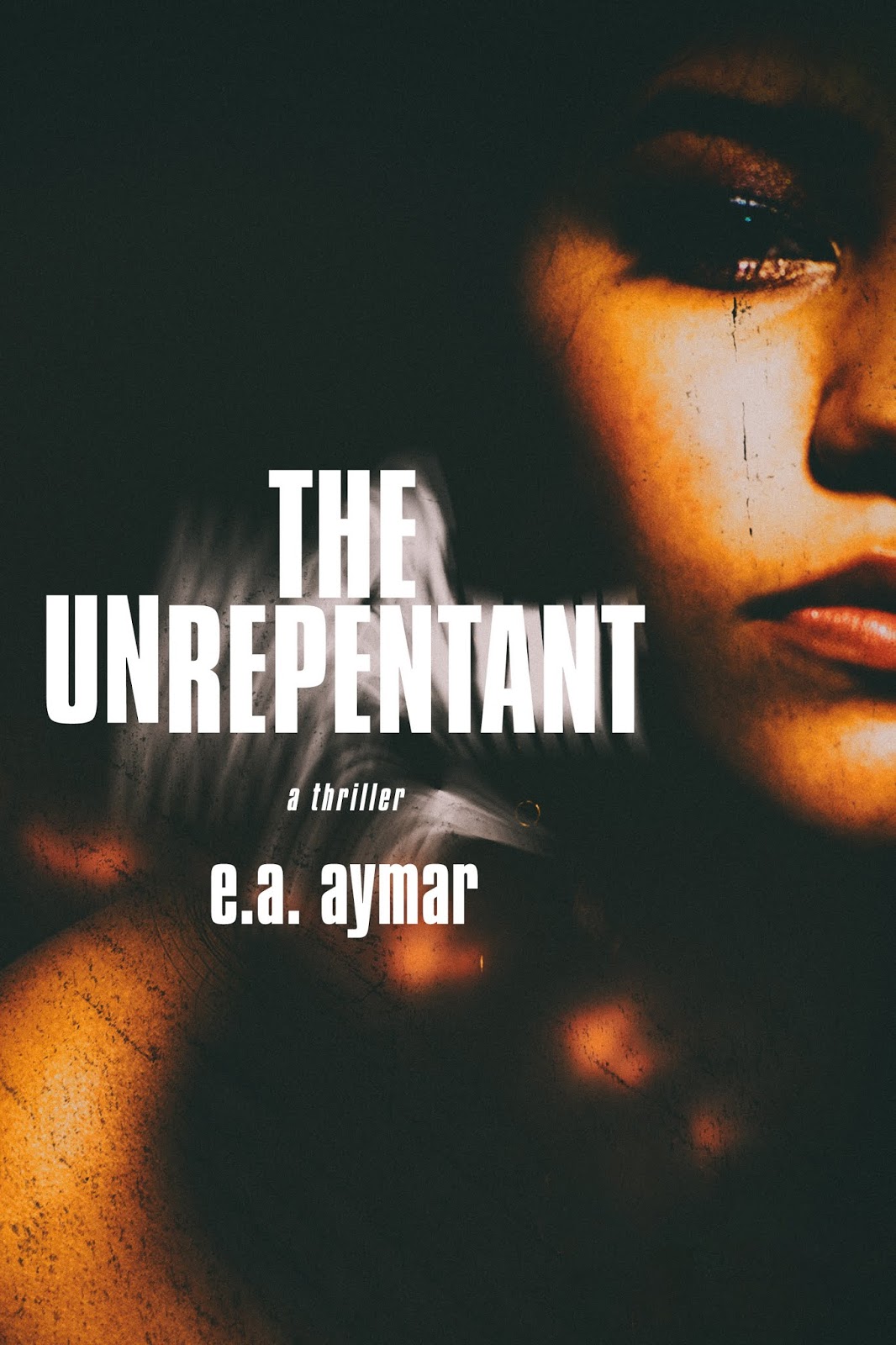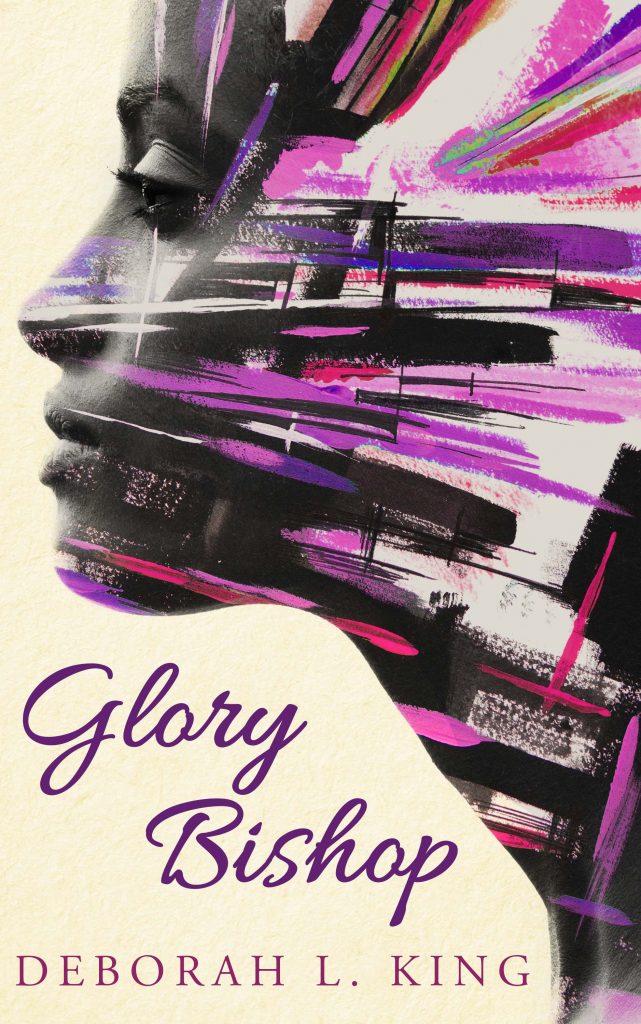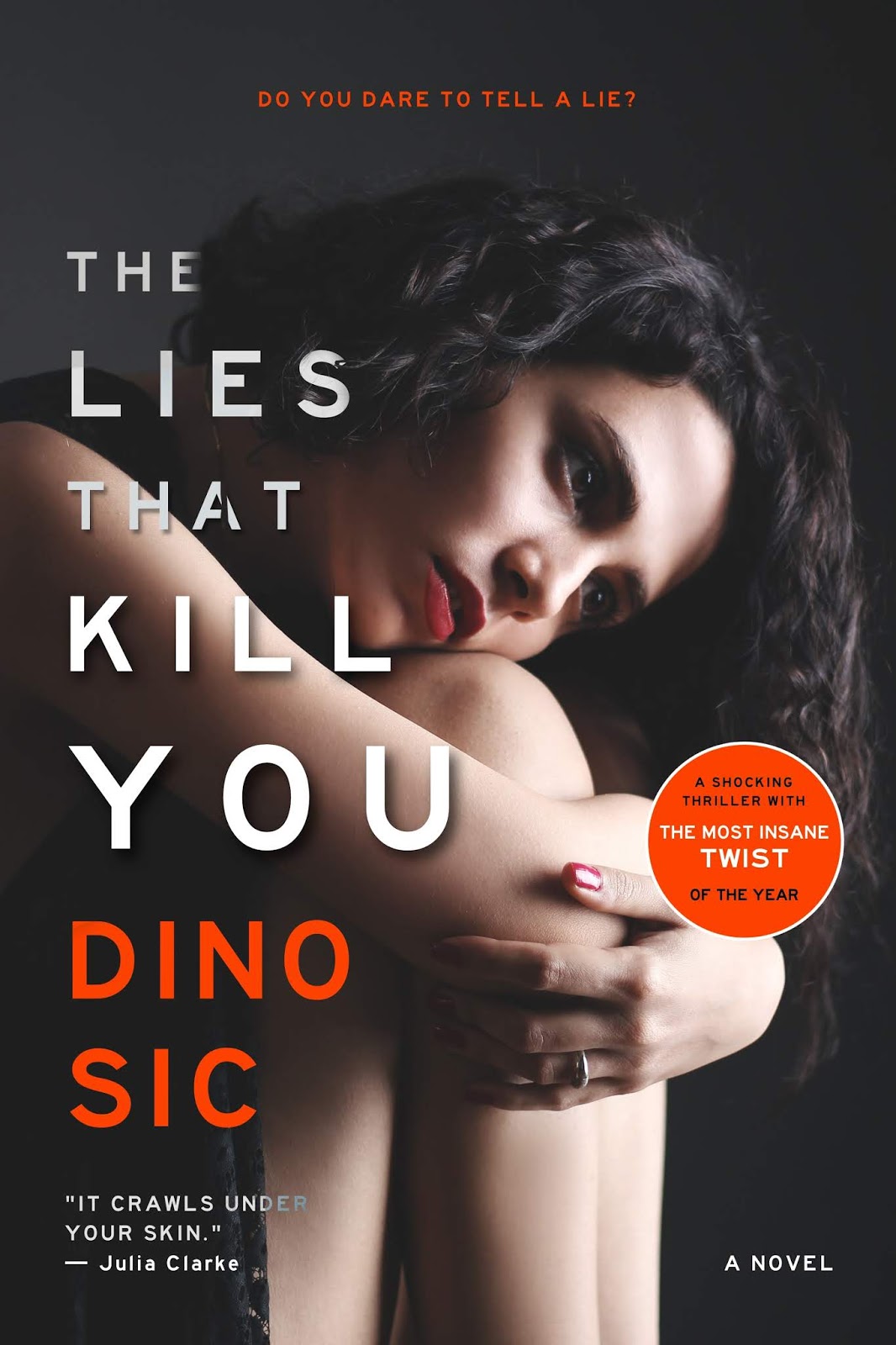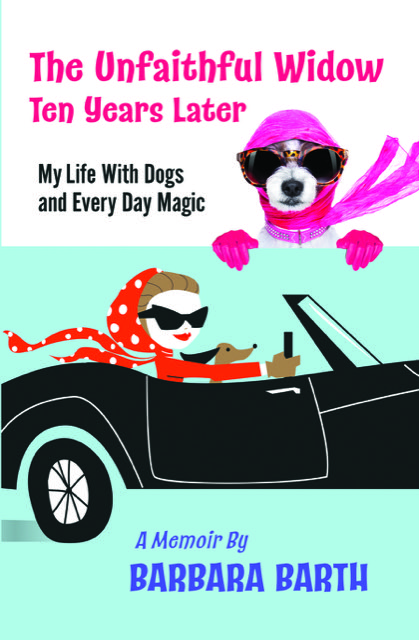
Today I’m excited to have author E. A. Aymar on my blog today to talk his book The Unrepentant. First, before the interview, here is a bit about the book:
As a respected and involved member of the mystery thriller community, E.A. Aymar’s latest book, The Unrepentant (March 4, 2019, Down and Out Books), is sure to be highly anticipated across the country.
Eighteen-year old Charlotte Reyes ran away from an abusive home only to end up fooled, kidnapped, and spirited across the country by a group of criminals. When she is rescued by Mace Peterson, a former soldier, they can’t seem to shake the gang or the crooked cop paid to bring her back. Seeking the revenge she feels is owed, Charlotte realizes she only has one option. She has to fight.
Corruption, cliffhangers, and violence drive this page-turner, while current issues relating to legalized sex work and mental health comment on relevant conversations that the public is focusing on right now.
First of all, congratulations on your book The Unrepentant! You deal with a lot of tough issues in this book. What kind of research did you do? Did anything surprise you?
Thank you so much for having me here! It’s an honor to be here, alongside writers like Joy Fielding and Kathleen Valenti.
I usually don’t do much research for my books, so conducting interviews was new to me. I thought it’d be awkward, given that I was talking with women who had dealt with horrific experiences – I spoke with women who had escaped the sex trade, or women who were fighting it (in the form of legal fights, or counseling victims). Surprisingly, they were easy to talk with, and very open about their experiences. The interviews turned into conversations, and I was greatly appreciative of that. And I was always impressed by the strength and resilience of those women. I felt honored that they talked with me.
I think that’s amazing you talked with women who had direct experience in the very area you were writing about for your book! In an article with Publisher’s Weekly, you said a poignant quote, “For The Unrepentant, I didn’t want to turn the camera away, but I didn’t want to risk glorifying an act that is, often, profoundly ugly. I wanted to write honestly.” What was it like for you writing those scenes?
There was a lot of questioning. Most writers are taught that less is more, and that just the suggestion of violence is a poignant way to convey its experience. I generally agree with that…but I’ve also known writers (like Chevy Stevens, for example) who can describe something explicitly, and not lose any power, or risk venturing into gratuitous territory. I admire that, and wondered if it was something I should attempt.
But I decided that, while that approach was right for Stevens (and for, say, Ellis in American Psycho), it wasn’t right for this book. I settled on landing someplace in between. There are scenes where the content is explicit, but I didn’t make it exploitative. And I never wanted to celebrate violence with this book. Those were my guiding parameters.
That makes absolute sense to me. So, I found out that a shooting at your son’s daycare influenced the theme of violence in your book. Can you tell us a bit about that?
Several years ago, my son was sleeping in his daycare room, with about eight other children and two teachers, when a bullet broke through the window and landed in the wall. The children were sleeping and the teachers were bent over cleaning so, fortunately, no one was hit. But the police never found out who did it, and they never discovered a motive. All they found was that multiple bullets had been fired at the daycare.
Many things from that day have since shaped me, but nothing as much as my understanding of violence. For me, that incident typified the randomness and awfulness and uncertainty of violence…and the unsettling sense that, at some point, it will come for you. And it won’t be on your terms, and it will never be fair.
The violence in The Unrepentant is representative of that experience. Charlotte isn’t seeking a fight. Like (I think) most women and violence, it comes to her. It comes for her. Her response is to seek to control it, to shape her own narrative, to recover in the way she chooses. And maybe that’s the most we can do.
Absolutely! What was your process when writing this novel? How did it transform from your first draft?
Oh, it’s such a different book! The first version was going to be about a vigilante who helps out people in troubled relationships…and when I excitedly told my agent about my idea, she told me that Sophie Littlefield had written the same thing. So…that didn’t work.
But then the research I’d done into violence started to take over, and I wanted to write a different book. So the departure from that first idea was pretty dramatic, but probably for the best. I ended up with a significantly different concept, but one that, once I started writing, seemed natural.
That’s incredible how it changed! You’ve received some rave reviews about your book! How does it feel to receive such incredible positive feedback about your skills as a crime writer?
It’s wonderful, and unexpected. Like I said, I didn’t know how The Unrepentant would be received. I took a lot of chances with it – writing from the view of a female co-protagonist, writing about violence, writing from different races. I tried to tread carefully, and I think that was important.
One thing I’ve been working on as a writer is telling the story I want to tell, but giving an audience something they’d enjoy reading. And I don’t know if I exactly did that with this book, but it seems like it. And that’s a wonderful feeling. It’s nice to have a book I’m proud of.
That balance of telling the story you want to tell but giving your audience what they want is a tough balance! Can you tell us a bit about the need for diversity in crime fiction?
I think that the next great literary movement is going to be the multitude of diverse voices. I don’t think it’s going to be a widespread employment of certain writing conventions, like we had in romanticism, realism, and modernism; I think it’s going to be substantially different. We’re in an age of diversity, it’s inevitability, and the push back to its march. That fight defines us – people, rather than just Americans – more than we realize.
So that change is coming to crime fiction, and it’s greatly uncomfortable for a number of people, because it challenges the way they view literature; it challenges their knowledge, and “earned” wisdom. It also challenges, for many of those detractors, their finances – I’ve heard white writers despair about their books being read. The truth is, very little is going to be replaced; what we’re looking at is an addition.
If there’s no room on your bookshelf for new voices, then build a bigger bookshelf. Make room for more books. That’s not something you’ll regret.
You are very right! What advice do you have for writers who are interested in writing crime fiction?
Most people answer that question with tips about networking, and that is important. But I’d tell people to think about where they’re writing. Location is incredibly important. It informs your characters, your story, and your voice. Have a relationship with your setting. You don’t have to love it, but your characters need to emotionally react to it. And if they do, readers will as well.
This is of particular importance in crime fiction, because crimes are responded to differently in, say, Baltimore than they are in Green Bay. Make sure you understand those differences. Otherwise, your story has no identity.
So one question I love to ask authors, what were some of your favorite books as a kid?
I loved books by this guy named Willard Price. He wrote these adventure stories about a pair of young naturalists, and I deeply loved them, and read them over and over. I also loved a writer named Robert Asprin, who wrote these wonderful fantasy books called the “Myth” series. I remember reading them and laughing endlessly.
When I was a little older, I subscribed to some sort of action-based publishing house, and every month I got a box of books about government-operated vigilantes, like Mack Bolan (a sort of precursor to Jack Reacher) and a group called The Phoenix Force and Able Team. They were hyper-violent and I remember they caused my parents a great deal of concern. But my parents gave me the freedom to read whatever I wanted, under the hopeful assumption that my love of reading would lead me to other books. Which it did! But now I write crime fiction, so I guess that was the rather expected result.
Lastly, what are you excited to read (or have read) this year?
Off the top of my head…Angie Kim’s debut MIRACLE CREEK has received a lot of accolades, and deservedly so. I had the chance to read an ARC and it’s fantastic. I’m also excited about Louis Bayard’s new novel, COURTING MR. LINCOLN, and a collection of short stories called WEAR YOUR HOME LIKE A SCAR by a writer I greatly admire named Nik Korpon.
A friend of mine (who actually served as editor of The Unrepentant) named Chantelle Aimee Osman recently started a publishing imprint under Polis Books championing diverse voices, and they have three books coming out this fall, THE NINJA DAUGHTER, THREE-FIFTHS, and REMEMBER. I’m really excited about their lineup and looking forward to reading all three of those books.
Thank you so much for taking the time to talk with me today! Best luck with your book! Readers, you can purchase a copy of this book The Unrepentant on Amazon or add it to your Goodreads list.
 About the Author
About the Author
E.A. Aymar’s other thrillers include the novel-in-stories The Night of the Flood (in which he served as co-editor and contributor), as well as I’ll Sleep When You’re Dead and You’re As Good As Dead. Aymar’s column, “Decisions and Revisions,” appears monthly in the Washington Independent Review of Books, and he is also the Managing Editor of The Thrill Begins, International Thriller Writers’ online resource for aspiring and debut thriller writers; he also serves on the Board of the International Thriller Writers, as Vice President of Author Programs. In addition to ITW, he is a member of the Mystery Writers of America and Sisters in Crime. Aymar also runs the Noir at the Bar series for Washington, D.C., and has hosted and spoken at a variety of crime fiction, writing, and publishing events nationwide. He was born in Panama and now lives and writes in the D.C./MD/VA triangle. Visit his website at https://eaymar.com/






I like your answers. Congratulations on the book.